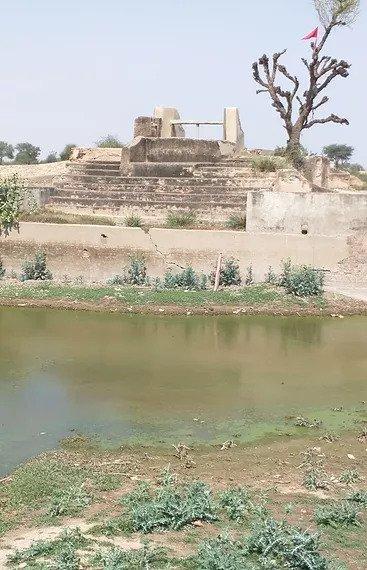 Access to safe, clean drinking water is a global issue. According to the World Health Organization (2004) around one billion people in the world lack access to safe drinking water. Households must expend both time and money in order to acquire safe drinking water or resort to consuming unsafe water. In rural areas around the world, communities rely heavily on groundwater as their primary source of drinking water. Groundwater, however, can be heavily contaminated with both biological and non-biological contaminants. Water contamination is either anthropogenic in origin or occurs naturally in water tables. Certain substances such as iron, manganese, chlorides, sulfates, and fluorides can all be found naturally in the rocks and soil. Over time, these chemicals accumulate in the groundwater and may lead to unsafe drinking water, causing serious health problems.
Access to safe, clean drinking water is a global issue. According to the World Health Organization (2004) around one billion people in the world lack access to safe drinking water. Households must expend both time and money in order to acquire safe drinking water or resort to consuming unsafe water. In rural areas around the world, communities rely heavily on groundwater as their primary source of drinking water. Groundwater, however, can be heavily contaminated with both biological and non-biological contaminants. Water contamination is either anthropogenic in origin or occurs naturally in water tables. Certain substances such as iron, manganese, chlorides, sulfates, and fluorides can all be found naturally in the rocks and soil. Over time, these chemicals accumulate in the groundwater and may lead to unsafe drinking water, causing serious health problems.
Problems of Clean Water Access
 Access to safe, clean drinking water is a global issue. According to the World Health Organization (2004) around one billion people in the world lack access to safe drinking water. Households must expend both time and money in order to acquire safe drinking water or resort to consuming unsafe water. In rural areas around the world, communities rely heavily on groundwater as their primary source of drinking water. Groundwater, however, can be heavily contaminated with both biological and non-biological contaminants. Water contamination is either anthropogenic in origin or occurs naturally in water tables. Certain substances such as iron, manganese, chlorides, sulfates, and fluorides can all be found naturally in the rocks and soil. Over time, these chemicals accumulate in the groundwater and may lead to unsafe drinking water, causing serious health problems.
Access to safe, clean drinking water is a global issue. According to the World Health Organization (2004) around one billion people in the world lack access to safe drinking water. Households must expend both time and money in order to acquire safe drinking water or resort to consuming unsafe water. In rural areas around the world, communities rely heavily on groundwater as their primary source of drinking water. Groundwater, however, can be heavily contaminated with both biological and non-biological contaminants. Water contamination is either anthropogenic in origin or occurs naturally in water tables. Certain substances such as iron, manganese, chlorides, sulfates, and fluorides can all be found naturally in the rocks and soil. Over time, these chemicals accumulate in the groundwater and may lead to unsafe drinking water, causing serious health problems.
